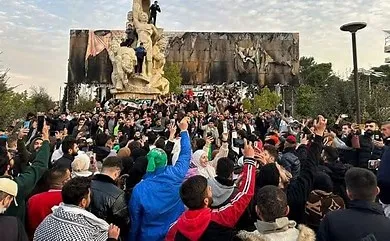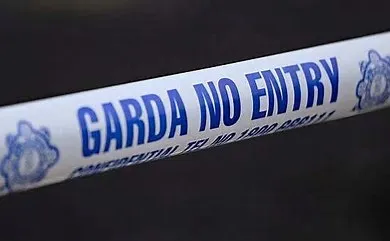The Supreme Court in the case Association for Protection of Democratic Rights vs State of West Bengal observed while giving a go-ahead to the construction of railway overbridges in West Bengal as part of the Setu Bharatam project that the protection of the human life is also equally being important as protecting the environment.
In the present case, the project has been stayed since 2018 after the allowing the order passed by Calcutta High Court the cutting down of 356 trees was being challenged in the Supreme Court. Therefore, the Supreme Court constituted an expert committee in 2020 for examining the matter.
The counsel, Senior Advocate Dr Abhisek Manu Singhvi appearing for the state of West Bengal submitted that the project is necessary and it has been pointed out that around 600 lives were lost in railway accidents. Adding to it, he stated that the State has undertaken to plant five trees as against one tree which is to be felled as compensatory measure. The counsel, Advocate Prashant Bhushan, appearing for the petitioner, submitted before the court that the project envisages felling of thousands of trees which includes heritage trees.
The bench comprising of Justice BR Gavai and Justice Vikram Nath in the case observed and took a note of the committee’s observation that the bridges will have to be constructed for resolving the congestion at the railway crossing. Therefore, the said committee did not expressed a definite opinion on whether the said alternative proposals will save the trees.
The court observed that on account of non-construction of ROBs, a number of accidents have taken place at Railway Crossings which results in the death of hundreds of human beings. The Report of the Committee itself would show that there is a congestion on an account of which the said construction of the project is necessary. Therefore, there is also an alternative that instead of ROBs local over bridges can be constructed.
The said plea has been dismissed by the bench wherein challenging the order of the High Court after noting that the said High Court has restricted the number of trees which is to be felled to only 356 and further it has been stated that the State Government is to be put on terms for the compensatory afforestation.
Therefore, the bench kept the said plea alive for considering the report of the Experts on the subject of compensatory conservation in India.
The bench in its order stated that this court would appreciate, if the Central Government holds joint meeting with all the stake holders which includes the representatives of all the State Governments or Union Territories and come out with a unified proposal for the consideration of the said Court.

















